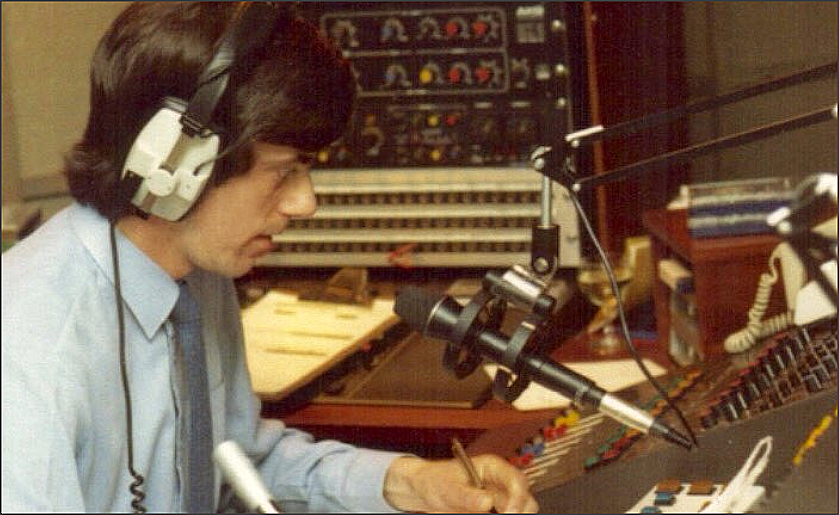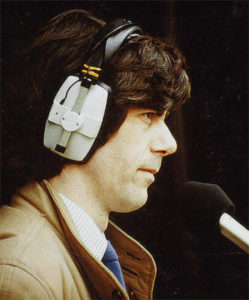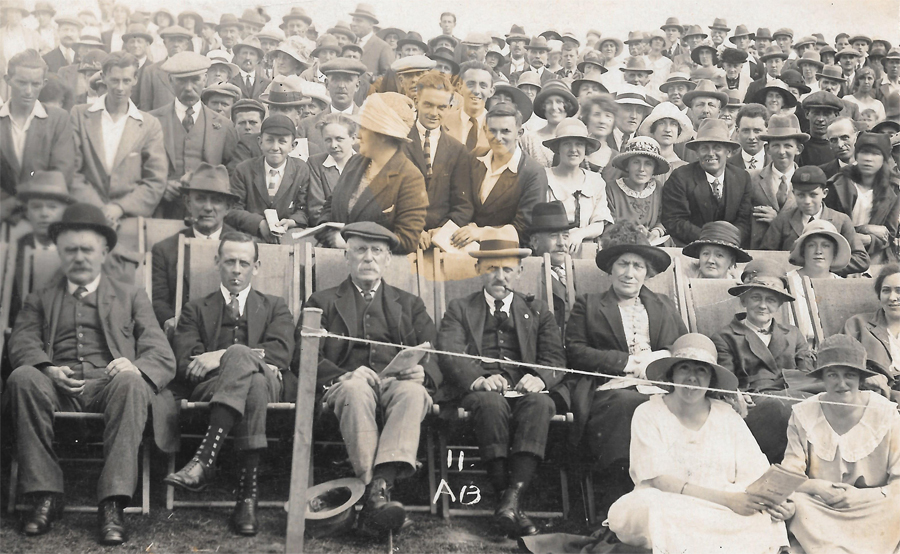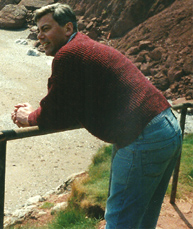Who I Am – Ian Waugh, British Broadcaster and Historian
I’m Ian Waugh — a British broadcaster, historian, and writer with a lifelong love for stories, voices, and forgotten lives. Since 1972, I’ve worked with radio and television networks across the UK and abroad. My voice was heard on independent television, BBC and commercial radio, and with state broadcasters in Europe and Africa. Though now retired, I still tune in — mostly to Radio 4 and the World Service — and keep my curiosity alive through my writing and historical work.
I stay informed without being overwhelmed. I follow the stories that matter to me, and I’ve learned that sometimes the best perspective comes from stepping back and observing quietly. That’s what I share in m’Blog — occasional thoughts, reflections, and the odd sharp observation. I’m not constantly online, but when I am, you’ll find me on X, contributing where it feels worthwhile.
My Devon Roots
Though I was born in Dorset while my father was working with the BBC, my roots are firmly in Devon. In 1957, when I was three, we returned to Devon — the county that shaped me. I grew up in West Devon, went to school there, and later worked across the region. Devon runs in my blood, and it’s still home. Over the years, I also lived in London — Islington, Croydon, Harrow and Richmond — but Devon is where I feel most grounded.
My Broadcasting Life

Broadcasting was in the family. My father worked for the BBC, and I followed the same path. I began paid work in 1972 as a voice-over artist for ITV, and from 1974 onwards, I took on similar roles in Independent Radio. That opened doors, and over time I moved into freelance radio and television roles — mostly in commercial broadcasting. I worked across the country, developing my craft behind the mic and in front of the camera.
When commercial radio launched in East and South Devon, I became a daily presenter — and later, Head of Presentation. Being a ‘local lad’ helped. My listener wasn’t a stranger — they were my neighbour, my community. From 1987 onwards, I freelanced for stations all across southern England, building long-standing relationships and refining what it means to connect on air.
Taking the Mic Abroad
 After my work in UK commercial radio, I joined a British Council-funded project aimed at training state broadcasters abroad. I spent time in Zimbabwe (1987), Malta (1988–1992), and Namibia in the early 1990s. These were valuable, eye-opening years — helping develop radio skills while also supporting English language learning through media. It was cultural exchange in its best form, and I carry those experiences with me still.
After my work in UK commercial radio, I joined a British Council-funded project aimed at training state broadcasters abroad. I spent time in Zimbabwe (1987), Malta (1988–1992), and Namibia in the early 1990s. These were valuable, eye-opening years — helping develop radio skills while also supporting English language learning through media. It was cultural exchange in its best form, and I carry those experiences with me still.
Ian Waugh – British Historian and Archivist
I’ve always been fascinated by social history — not the grand events, but the daily lives of ordinary people. The handwritten letters, faded photographs, and forgotten documents tell stories that history books often miss. My focus as a historian is on preservation: keeping those personal records safe and sharing their significance. You’ll find my collections and research at Old Days, where I document lives once lost to time.
My aim isn’t to write sweeping narratives, but to bring emotion, humanity and context to overlooked stories. I believe the past is better understood through the eyes of real people — not statistics. These lives mattered. They still do.
Free Historical Newspaper Research

I run Old British News — a free service that makes historical British newspaper articles (1750–1950) available to anyone.
These documents are essential records of local history, social conditions, public sentiment and cultural change. From the Industrial Revolution to both World Wars, I help uncover the forgotten headlines that shaped communities.
It’s free because history shouldn’t be behind a paywall. Students, researchers, genealogists and curious readers deserve access. This project keeps our shared heritage alive — not as archived artefacts, but as living, searchable stories.
My Life Today

Life hasn’t been without its tests. In the early 1990s, I suffered two strokes and was later diagnosed with osteoarthritis. These left me partially immobilised and severely disabled. But that didn’t stop me — it just changed the pace. I continue to work, contribute and connect in every way I can. I value humour, reflection and meaningful exchange above all else.
Over the years, I’ve come to realise that most people focus on what’s being said — I’m more interested in what isn’t.
The silences, the subtext, the half-finished thoughts — these are where truth often lives. Whether I’m researching a lost newspaper story, helping someone trace a family name, or developing a fictional world with roots in the past, I pay close attention to what’s left out. Why wasn’t it mentioned? Who decided not to say it?
Those absences speak volumes. And I’ve learned to listen.
If you’d like to get in touch, you’ll find my contact form here.

